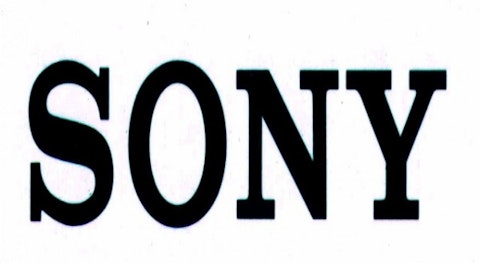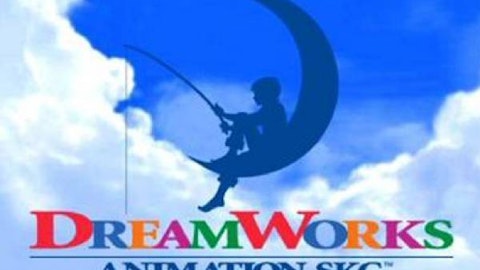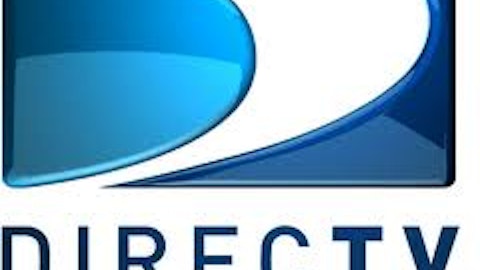Sony Corporation (ADR) (NYSE:SNE) has been fighting hard to remain relevant in the changing consumer electronics landscape. The industry, that was the domain of the Japanese conglomerate, has in recent years been dominated by more innovative American and South Korean companies. In its most recent quarterly report, Sony’s struggling consumer electronics division began to show improvements; its TV business managed to report its first profitable quarter in about three years.
Sony Corporation (ADR) (NYSE:SNE)’s fight and possible comeback continues. As reported last Thursday by The Wall Street Journal, the Japanese giant will soon ink a deal to become a direct competitor of the likes of Comcast, Time Warner Cable, and other U.S. pay-TV distributors.

Viacom, Inc. (NASDAQ:VIAB), known for its numerous pay-TV channels such as Nickelodeon, MTV, VH1 and Comedy Central, has reached a preliminary deal with Sony Corporation (ADR) (NYSE:SNE). Subscribers of the as-of-yet unnamed Sony Internet pay-TV service will receive live TV feeds of Viacom, Inc. (NASDAQ:VIAB)-owned channels the same time as subscribers of traditional cable/satellite pay-TV distributors. Essentially this Sony Corporation (ADR) (NYSE:SNE) service will be cable TV, only online.
What this means for Sony
With an estimated 330 million Internet-connected TV devices expected to be sold annually by 2017, there is great potential for a technology company like Sony Corporation (ADR) (NYSE:SNE) to disrupt the pay-TV industry. Sony’s much-hyped PlayStation 4 video game console will attempt to become the one-stop shop for all entertainment needs. And with over 1 million pre-orders already for a console that will not be released until Nov. 15, that hype appears to be well justified. In addition to playing video games, Blu-ray/DVD discs, and digital movie/TV show downloads from its online PlayStation Store, it is expected that the Sony pay-TV service will be integrated into the PS4 console, as well as into other Sony products (TVs, Blu-ray players, and the like).
Currently, Sony’s video game division makes about $9 billion in revenue. But with the future release of the PlayStation 4 and the Internet pay-TV service, there is great potential to significantly grow the revenue of the gaming and other related divisions. And that could be especially true if fellow console makers Microsoft and Nintendo continue with their well-publicized missteps.
What this means for the pay-TV industry
The traditional pay-TV industry is one that has not experienced much in terms of innovation. With typically few options for customers to choose from in any particular region of the United States, there has been little incentive for companies to try to compete for customers with more intuitive user interfaces, better content recommendation systems, new forms of advertising, compelling social media integration or other such technological improvements.
And with few competitors, there especially has been little incentive to innovate on pricing, such as lowering overall bills or moving toward an a la carte model that would allow customers to pick and choose specific channels to subscribe to, rather than an expensive bundle of channels.
Even with the eventual entrance of Sony into this space, that final point will be unlikely to change in the near term. According to an unnamed source familiar with the negotiations, the Sony-Viacom, Inc. (NASDAQ:VIAB) deal will continue the tradition of selling customers a bundle of channels. As profitable as the channel-bundle business model has been for content providers like Viacom, the continuation of this model online is not surprising at all. The bundling of channels allows Viacom, Inc. (NASDAQ:VIAB) to squeeze extra licensing fees out of content distributors.
If Sony wishes to carry the kid-favorite Nickelodeon channel on its future service, it will also be required to carry a number of Nickelodeon spin-off channels (Nick 2, TeenNick, Nick Jr., Nicktoons), as well as MTV and its spin-off channels, VH1 and its spin-off channels, and other Viacom, Inc. (NASDAQ:VIAB)-owned assets. The final result is an ever-increasing cable bill for consumers. Not so good for customers, but great business for Viacom and its pay-TV content provider peers.





